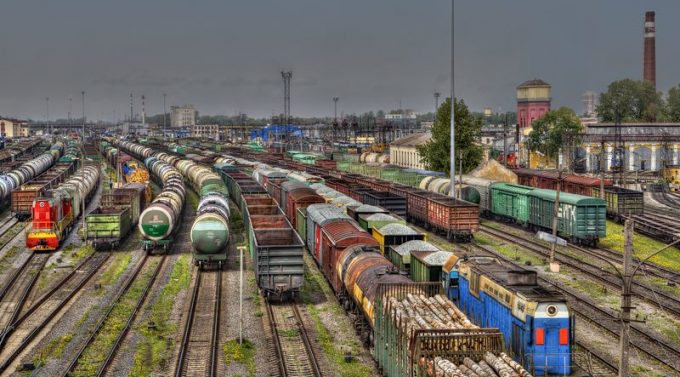Railfreight boxes in Russian Customs logjam being returned to China
Rail containers from China en route to Europe but held up in Russia, some for ...

Russia hopes to increase its container cargo traffic to a record 7m teu this year, despite sanctions and its ever-growing isolation in the international arena.
According to TransContainer, Russia’s leading container cargo operator, it will be achieved by modernising domestic seaports and their rail approaches and developing transport and logistics centres.
Viktor Markov, first VP of TransContainer, said the eastern vector of logistics remained a powerful driver for Russia and its transport sector and a target has already been set for boxes ...
Maersk u-turn as port congestion increases across Northern Europe
Apple logistics chief Gal Dayan quits to join forwarding group
Maersk Air Cargo sees volumes fall as it aims for 'margin in favour of revenue'
Airlines slash freighter capacity post-de minimis, but 'the worst is yet to come'
Houthis tell Trump they will end attacks on Red Sea shipping
Transpac rates hold firm as capacity is diverted to Asia-Europe lanes
MSC revamps east-west network as alliance strategies on blanking vary
India-Pakistan 'tit-for-tat' cargo ban sparks sudden supply chain shocks


Comment on this article